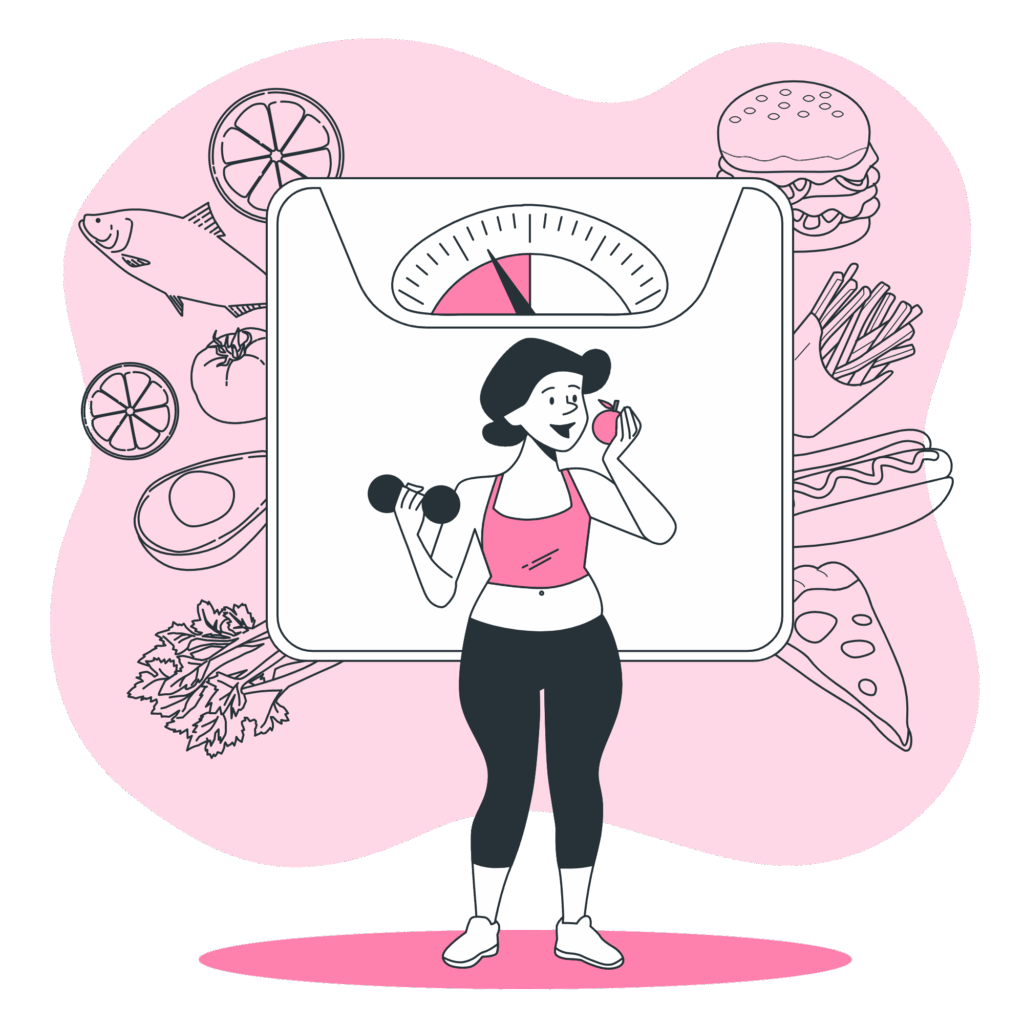Food poisoning is an unpleasant, often painful experience that many people wish to avoid at all costs. From nausea to vomiting and even long-term complications, contaminated food can do serious harm. Fortunately, staying safe starts with smart, preventive habits in the kitchen and at the dining table.
In this article, we’ll guide you through the key steps to avoid food poisoning—especially important for women managing homes, busy work schedules, or family meals.
1. Avoid Eating Raw or Undercooked Meat
Raw and undercooked meat—especially chicken and beef—is one of the leading causes of foodborne illnesses. These proteins often harbor harmful bacteria such as Salmonella, E. coli, and Listeria, which can cause severe stomach cramps, diarrhea, and vomiting.
Safe Tip:
Always cook meat thoroughly, especially poultry. Use a food thermometer to ensure internal temperatures reach at least 75°C (165°F) for chicken and 63°C (145°F) for beef.
2. Be Cautious with Eggs
Raw or improperly stored eggs can be a source of Salmonella infection. Be mindful of dishes that contain eggs, such as mayonnaise-based salads, desserts, or boiled egg recipes that are left out too long at room temperature.
Safe Tip:
Avoid raw eggs and refrigerate all egg-based foods promptly. When in doubt, throw it out.
3. Wash Leafy Greens Thoroughly
Vegetables are essential for health, but leafy greens like spinach, lettuce, and kale are sometimes contaminated with bacteria during harvesting or packaging.
Safe Tip:
Wash all fresh produce under running water before eating. Consider using a vegetable brush or natural food-safe wash for extra precaution.
4. Be Careful with Raw Fish and Sushi
While sushi is a favorite for many, eating raw fish can pose serious health risks if not handled properly. Bacteria and parasites can grow quickly in fish that isn’t stored or served at the correct temperature.
Safe Tip:
Only eat sushi from reputable restaurants where freshness and hygiene are a top priority. Avoid pre-made sushi that sits out too long.
5. Avoid Unpasteurized Milk and Juices
Unpasteurized (raw) milk and fresh fruit juices that haven’t been treated can harbor dangerous pathogens like Listeria and E. coli.
Safe Tip:
Always choose pasteurized dairy and juices. Check packaging labels for confirmation.
6. Follow Safe Food Storage Practices
Improper storage allows bacteria to multiply rapidly. Both hot and cold foods need to be kept at safe temperatures to prevent bacterial growth.
Safe Tip:
Keep hot food above 60°C
Store cold food below 4°C
Refrigerate leftovers within 2 hours
Reheat leftovers thoroughly before eating
7. Prevent Cross-Contamination
Raw meat and vegetables can contaminate kitchen surfaces and utensils, putting your entire meal at risk.
Safe Tip:
Use separate cutting boards for raw meats and produce. Clean all surfaces, knives, and tools with hot, soapy water after each use.
8. Maintain Clean Hands and Surfaces
Poor hygiene is one of the top causes of food poisoning. Hands, countertops, and utensils can easily carry germs.
Safe Tip:
Wash your hands with soap and warm water before and after handling food
Regularly clean and sanitize kitchen counters, chopping boards, and storage containers
9. Be Mindful of Leftovers
Leftover food can become dangerous if not stored or reheated properly.
Safe Tip:
Always reheat leftovers to an internal temperature of at least 74°C (165°F). Never leave food sitting out overnight.
10. Protect Your Food from Pests
Rodents and insects can contaminate food with bacteria or droppings.
Safe Tip:
Keep your kitchen clean and food sealed. Dispose of garbage promptly and use pest-proof containers.
Food poisoning is preventable with the right habits and awareness. By choosing safe foods, cooking thoroughly, storing properly, and maintaining a clean kitchen, you can protect yourself and your family from unwanted illness.
As a woman managing many responsibilities, your health matters. Avoid the risk—eat smart and stay safe.



